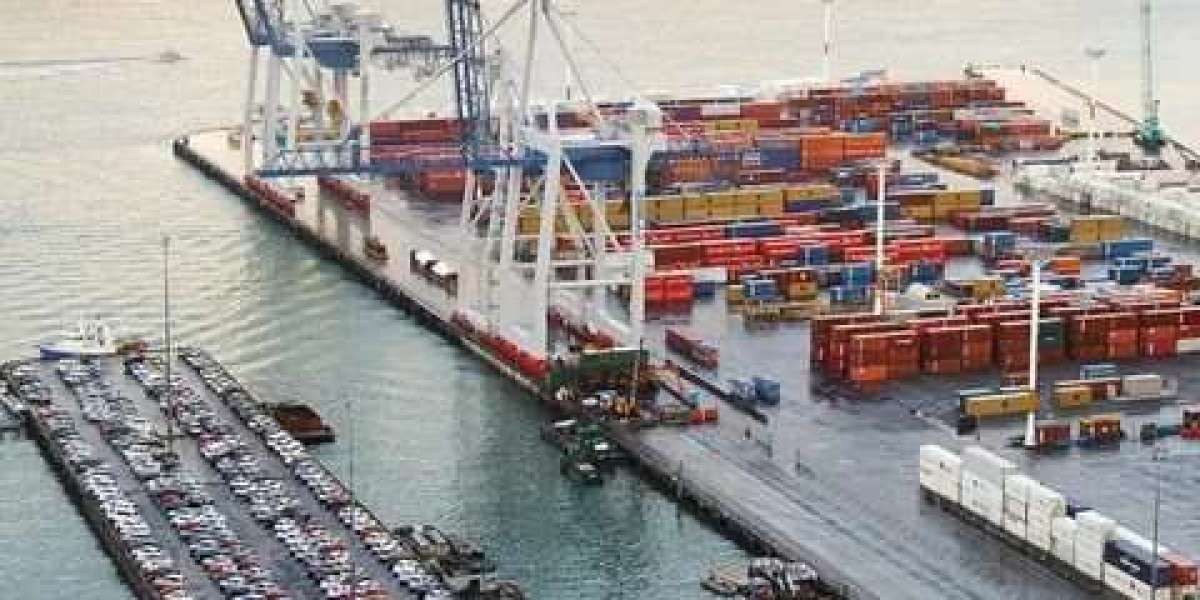One overlooked rule or document can freeze your shipment at the border. Here's how to keep your goods flowing smoothly through Saudi ports and avoid costly delays.
The Hidden Snags That Derail Your Import Plans
Importing goods into Saudi Arabia seems straightforward—until it isn’t. You’ve organized transport, the paperwork looks fine, and your goods are on the road. But then, everything stalls at the border. Suddenly, you’re fielding calls from frustrated clients, watching storage fees grow, and scrambling to fix something you thought was already done.
The reality? Saudi Arabia enforces a detailed and often changing list of import requirements. Missing even a single detail can freeze your shipment. Many importers—especially small businesses and first-time traders—don’t fully understand the fine print involved. Misclassified HS codes, outdated certificates, or using the wrong entry port can cost you days, sometimes weeks, in delays.
And with popular entry points like the batha border handling thousands of trucks daily, even a small error becomes a big bottleneck.
When the Clock Starts Ticking: What Delays Really Cost
Once your shipment is held, the pressure builds. Daily storage fees add up. Delayed deliveries lead to lost contracts, and worse, your brand reputation may take a hit.
This pressure is especially sharp in places like Dammam, a key logistics hub in the Kingdom. With major infrastructure like king abdulaziz port nearby, traders expect smooth, fast clearances. But that only happens when the paperwork is flawless and all compliance boxes are ticked.
Common reasons for import hold-ups include:
- Outdated or missing SABER product certifications
- Wrong or vague HS code classifications
- Using the wrong entry port or border for your product type
- Lack of knowledge about recent customs updates or bans
These issues are fixable—but only if caught early. And in Saudi customs, early usually means before the shipment leaves its origin.
Case Study: How a Dammam Importer Lost SAR 50,000 Over Paperwork
In early 2024, a mid-sized electronics retailer based in Dammam was expecting a shipment of Bluetooth speakers from Dubai. The company had a solid record of importing smaller items but had recently expanded its product range. Eager to launch the new product line quickly, they arranged for the shipment to enter via the batha border to reduce costs.
But customs flagged the shipment.
There were two key issues. First, the HS code used was too broad—it was listed under generic electronics accessories rather than the specific code for Bluetooth speakers. Second, the product conformity certificate submitted via SABER had expired just three weeks earlier.
The shipment sat at customs for 13 days.
By the time the issues were resolved, the company had racked up over SAR 8,000 in storage fees. More critically, three of its retail clients canceled pre-orders due to the delay. Factoring in lost sales, the retailer estimated a financial hit of over SAR 50,000.
Eventually, they brought in a local customs broker from Dammam who not only corrected the HS codes but also fast-tracked a new SABER certification and re-submitted the necessary clearance forms. The shipment was finally released—but the business relationships didn’t fully recover.
The lesson? Delays at the batha border or any Saudi port aren’t just logistical—they’re financial and reputational.
The Smart Fix: What Successful Importers Do Differently
Avoiding these delays starts well before your shipment hits Saudi soil. The businesses that move goods smoothly through Saudi customs take five key steps:
1. SABER Is Not Optional—Get It Right the First Time
Saudi Arabia uses the SABER platform to track product safety and compliance. Every regulated product must have valid certification before it arrives. What trips up importers is assuming their past certification applies to a new shipment.
Work with a licensed SABER agent to:
- Identify your product's exact regulatory category
- Get updated conformity assessments from SASO-authorized bodies
- Renew certificates well before they expire
This alone can eliminate 80% of avoidable customs issues.
2. Don’t Guess Your HS Code
An HS code isn’t just a number—it determines taxes, inspection level, and clearance speed. Customs officers are trained to spot mismatches. Use the wrong code, and your goods will be pulled aside for verification.
Pro tip: Work with a broker who can match your products to the most accurate codes, not just the ones you’ve used before.
3. Entry Point Matters: Choose Your Border Wisely
Many businesses use the batha border because it’s the most direct land route from the UAE. But it’s also one of the busiest. Trucks queue for hours, and inspections can be slow if your paperwork isn’t flawless.
For certain goods, it may be better to import through sea at king abdulaziz port, which is built for bulk cargo and has dedicated clearance lines for electronics, machinery, and other high-volume items. Knowing which port fits your product can shave days off your delivery timeline.
4. Stay in the Loop on Customs Changes
Saudi Arabia updates its banned item lists, tariff schedules, and inspection procedures regularly. One month’s accepted shipment might be next month’s restricted item.
Stay updated by:
- Subscribing to Saudi Customs alerts
- Joining regional trade networks
- Partnering with a consultant who monitors regulatory shifts
5. Work with a Trusted Local Partner
This might be the most important step. Customs brokers and clearance agents based in Saudi Arabia understand the fine points—things like which officer to contact for document clarification or how to pre-register shipments during busy seasons.
In places like Dammam, local partners often catch issues days before they become delays. They speak the language (literally and administratively), which smooths the process across agencies.
Why Compliance Isn’t Optional in 2025
Saudi Arabia isn’t just enforcing stricter rules—it’s modernizing. Under Vision 2030, customs operations are becoming faster but also less forgiving. Automated systems flag inconsistencies instantly. That’s good for long-term transparency—but bad news for businesses relying on guesswork.
As competition grows and more players enter the Saudi market, you can’t afford delays. Each hour your shipment sits idle means lost money, lost trust, or both.
Conclusion: Don’t Let Paperwork Stop Your Business
Import delays aren’t inevitable. They’re preventable—with the right preparation, partnerships, and processes.
Whether you’re shipping through king abdulaziz port or rolling across the batha border, every detail matters. From SABER certifications to HS codes, being precise isn’t just smart—it’s necessary.
If you’re unsure where to start, get help before your goods are on the move. Work with clearance professionals who know the landscape and can get your shipment from paperwork to delivery without delays.
? 966558959205




